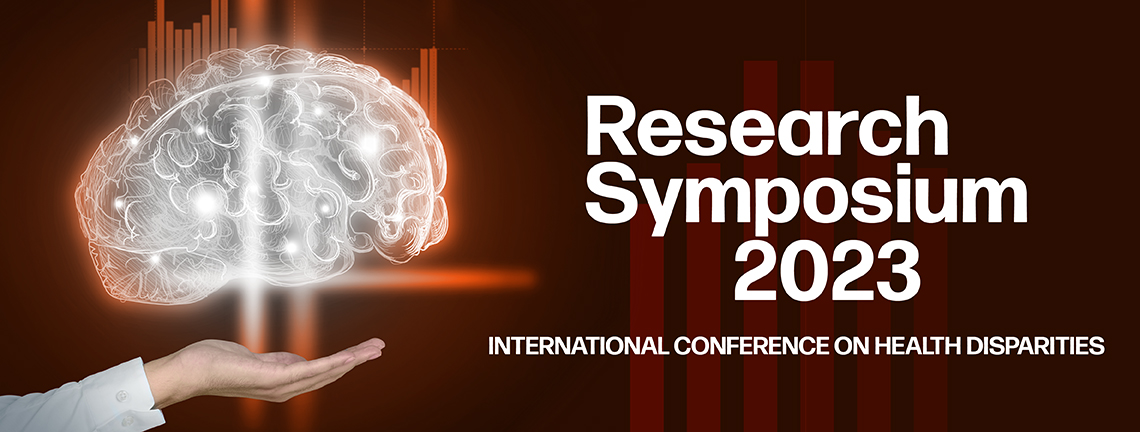
Posters
Presentation Type
Poster
Discipline Track
Clinical Science
Abstract Type
Research/Clinical
Abstract
Background:With the emergence of severe acute respiratory syndrome coronavirus 2 (SARS-CoV-2) variants, there has been increasing concern for another COVID-19 crisis. In response, the Centers for Disease Control and Prevention (CDC) authorized the third dose of the Pfizer-BioNTech (BNT162b2) vaccine to enhance protection against the SARS-CoV-2 virus. The purpose of our study was to investigate the impact of administering the third dose of the Pfizer/BioNTech COVID-19 vaccine on the incidence and severity of SARS-CoV-2 infections.
Methods: We enrolled 189 participants, including healthcare workers, adults aged 65 years or older, and medically immunocompromised patients in the Rio Grande Valley. Blood samples were collected from participants at baseline, week 2, week 12, and week 24 after administering the third dose of the vaccine. These blood samples were tested for semi-quantitative anti-SARS-CoV-2 immunoglobulin G (IgG) titers. We used linear regression and various statistical tests to analyze the data.
Results: The results demonstrated that the administration of the third dose of the Pfizer-BioNTech (BNT162b2) vaccine led to sustained elevation of anti-SARS-CoV-2 IgG antibodies for the entire 24-week study duration. IgG antibody levels were highest at week two, gradually decreasing by week 12 and week 24, with statistically significant differences between IgG antibody titers for each collection date. The average antibody titers at week 2, week 12, and week 24 were 293.35, 143.91, and 127.04 AU/ml, respectively.
Conclusions: The study's findings suggest that the third dose of the Pfizer-BioNTech (BNT162b2) vaccine effectively induces an immunological response, with sustained elevation of IgG antibodies for up to 24 weeks. To maintain continuous protection against the SARS-CoV-2 virus, subsequent booster shots may be necessary over time. Additionally, there was no significant difference in immunity provided between the Pfizer and Moderna vaccines post-vaccination. Antibody titers are a measurable way to give us an idea about functional immunity but there are more factors that determine how a person responds to a virus like SARS-CoV-2.
Academic/Professional Position
Medical Student
Recommended Citation
Khuc, Thao A.; Pequeno, Gregery; Betancourt-Garcia, Monica M.; Casciato, Adrienne M.; Gomez-Martinez, Marissa; Arroyo, Carlos D.; Pope, Bill; Narmala, Shravan; and Rao, Sohail, "Effect of Third Dose Pfizer/BioNTech Covid-19 and Moderna mRNA Vaccine on IgG Antibody Titers" (2024). Research Symposium. 79.
https://scholarworks.utrgv.edu/somrs/2023/posters/79
Included in
Effect of Third Dose Pfizer/BioNTech Covid-19 and Moderna mRNA Vaccine on IgG Antibody Titers
Background:With the emergence of severe acute respiratory syndrome coronavirus 2 (SARS-CoV-2) variants, there has been increasing concern for another COVID-19 crisis. In response, the Centers for Disease Control and Prevention (CDC) authorized the third dose of the Pfizer-BioNTech (BNT162b2) vaccine to enhance protection against the SARS-CoV-2 virus. The purpose of our study was to investigate the impact of administering the third dose of the Pfizer/BioNTech COVID-19 vaccine on the incidence and severity of SARS-CoV-2 infections.
Methods: We enrolled 189 participants, including healthcare workers, adults aged 65 years or older, and medically immunocompromised patients in the Rio Grande Valley. Blood samples were collected from participants at baseline, week 2, week 12, and week 24 after administering the third dose of the vaccine. These blood samples were tested for semi-quantitative anti-SARS-CoV-2 immunoglobulin G (IgG) titers. We used linear regression and various statistical tests to analyze the data.
Results: The results demonstrated that the administration of the third dose of the Pfizer-BioNTech (BNT162b2) vaccine led to sustained elevation of anti-SARS-CoV-2 IgG antibodies for the entire 24-week study duration. IgG antibody levels were highest at week two, gradually decreasing by week 12 and week 24, with statistically significant differences between IgG antibody titers for each collection date. The average antibody titers at week 2, week 12, and week 24 were 293.35, 143.91, and 127.04 AU/ml, respectively.
Conclusions: The study's findings suggest that the third dose of the Pfizer-BioNTech (BNT162b2) vaccine effectively induces an immunological response, with sustained elevation of IgG antibodies for up to 24 weeks. To maintain continuous protection against the SARS-CoV-2 virus, subsequent booster shots may be necessary over time. Additionally, there was no significant difference in immunity provided between the Pfizer and Moderna vaccines post-vaccination. Antibody titers are a measurable way to give us an idea about functional immunity but there are more factors that determine how a person responds to a virus like SARS-CoV-2.

